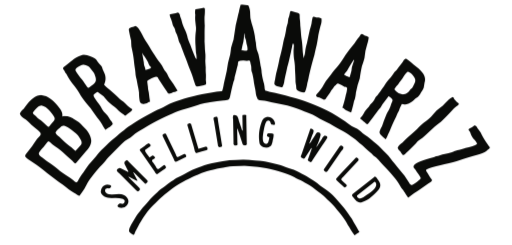NOTE: This product will be prepared and shipped, with the most care, from San Francisco (USA) by the staff from Ministry of Scent. In this way, in addition to getting your 100% natural fragrance earlier, you will save on fuel and carbon dioxide. We hope you understand. You can read more here.
Bravanariz
Bee Brave Hat
Bee Brave Hat
Couldn't load pickup availability
More Information
More Information
Bee Brave starts from a basic idea. If there are flowers, then there are bees. And if there are more bees, there will be more flowers, and thus more bees. This, for thousands of years, has been one of nature’s most beautiful feedback cycles. However, excessive human ambition is changing this equilibrium and breaking the cycle. BEE BRAVE wants to restore this cycle, focusing on two parts of the equation: the bees and their habitat here.
Bee Brave recovers semi-natural habitats of great biodiversity and in regression in the Empordà, called Prats de Dall (Mowing Meadows). The action focuses on the adaptation of the Prats de Dall and subsequent follow-up. This is how we ensure the health and good nutrition of the ecological hives that we have installed there. And on the other hand, these bees help with their pollination task, the recovery and maintenance of this semi-natural habitat.
--
Among the honey bees (Apis mellifera), there are several subspecies. In our peninsula, the most common subspecies is the Apis mellifera iberiensis. These bees are famous not only for their fierceness, bravery, and aggression, but also because they are incredibly hard workers. Abellaires Empordanesos works with these bees, and has seen this first-hand. Besides producing lots of extremely rich honey, they fiercely defend their hives. Their bravery is necessary, because they live in a very harsh climate, with hot and dry summers, strong winds, and heavy frosts.
Hence the name of our project: BEE BRAVE, which sounds exactly like the imperative BE BRAVE. We want to be brave and take actions to combat our reality of climate change. Instead of letting the scale of this problem and its many possible solutions paralyze us, we are taking a step forward with the BEE BRAVE project, and we encourage others to join us and the bees.
--
When we talk about bees, the entire world only thinks about honeybees, but in fact, there exist 22,000 distinct species of bees, and only one of these species produces honey. Of the remaining species, the vast majority are solitary and wild bees, which also do important pollination work. Even so, honeybees carry all the fame.
The honeybee is one of the most efficient pollinators, because it is in practically every environment in the planet, it works almost all year, it is very numerous in population, and above all, it is loyal to a specific flower species, increasing, therefore, the reproduction rate of each plant.
We are focusing more on honey bees than other insects, because they are useful to us and enormously productive. When bees work, they work for us, and for the planet. To reiterate, we are focusing on a space of collaboration and mutual benefit.
Plants and Benefits
Plants and Benefits
Uses
Uses




